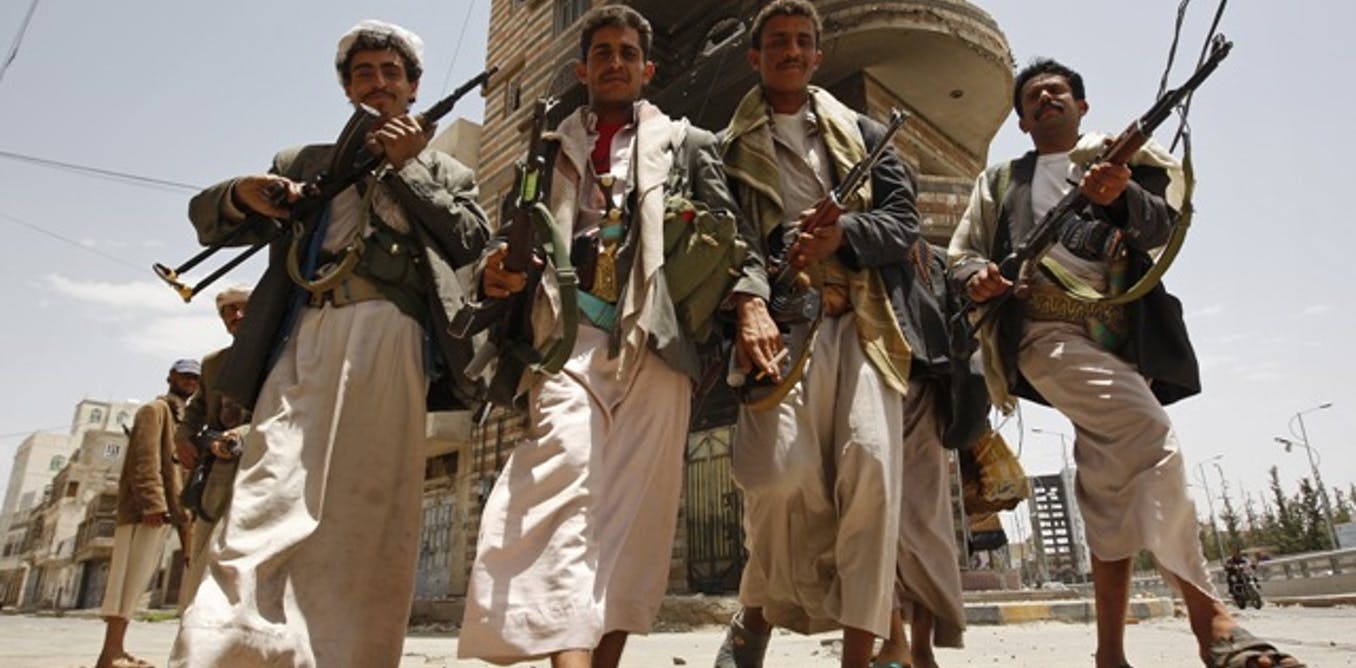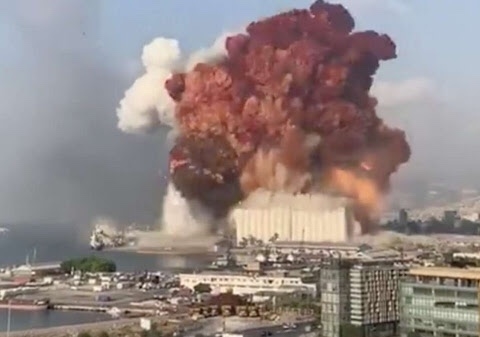In the framework of the conflict between government forces and separatists, new questions on the role of the unity of action of the Saudi-led coalition rise. Indeed, the observers have noted that the weakening of Hadi’s government has gone hand-in-hand with the UAE’s growing power. Indeed, the United Arab Emirates is believed to be sponsoring southern Yemen’s secession in order to advance its interest in the region. Saudi Arabia support for Hadi’s government, who is from 2016 resident in Riyadh, can be also explained by the fact that its government is the one internationally recognised, thus meaning a source of legitimization for Saudi military intervention in Yemen. However, Saudi’s involvement in the conflict has diminished over time and it is more concentrated in blocking Houthi forced in its southern borders. In the meantime, the United Arab Emirates has become more involved in the conflict, indicating a division in the two countries’ agendas. Despite having a relatively small army, the UAE sent a significant number of ground forces to Yemen. In contrast, Saudi Arabia was cautious to deploy troops. The United Arab Emirates’ interest relates to the security of the Bab el-Mandab strait, one of the world’s busiest oil and gas shipping lanes. Indeed, protecting the flow of oil and gas shipments in the Red Sea and Egypt’s Suez Canal is vital for UAE’s ability to trade with Europe and North America. Since the start of the conflict, according to Human Right Watch, the UAE has been financing and training armed groups that only answer to it, setting up prisons, and creating a security establishment parallel to Hadi’s government. The Middle East Eye news website, quoting sources, reported that Hadi was incensed with the UAE, accusing Abu Dhabi Crown Prince Mohammed bin Zayed of acting as an occupying force as opposed to a liberation one.
Latest from MIDLE EAST
Write an article from the following text. Bashar Assad stepped down as Syrian president, leaving the
Una esplosione devastante nella zona del porto di Beirut ieri nel tardo pomeriggio ha distrutto una
Usually, when people talk about Saudi Arabia and its hegemonic policies, we tend to relate to
On Tuesday 8th January, US Secretary of State Mike Pompeo opens his tour in the
The 39th GCC (Gulf Cooperation Council) summit held in the Saudi capital









